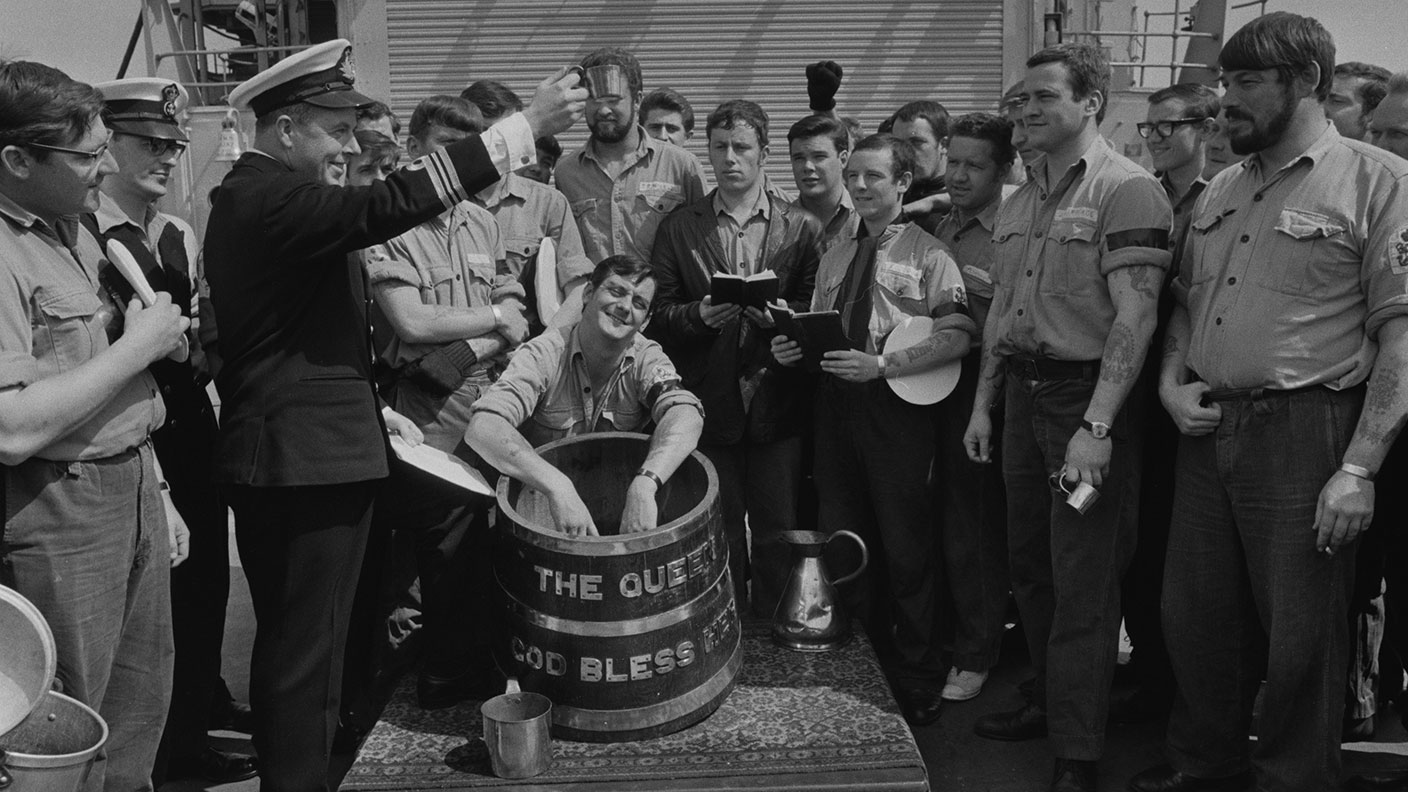31 July 1970: the Royal Navy ends daily rum ration
One of the Royal Navy's most popular traditions came to an end on this day in 1970 when the last of the rum ration was doled out.


Get the latest financial news, insights and expert analysis from our award-winning MoneyWeek team, to help you understand what really matters when it comes to your finances.
You are now subscribed
Your newsletter sign-up was successful
Want to add more newsletters?
Until the 17th century, sailors in the Royal Navy were given a daily beer ration of five pints, partly to compensate for the harsh physical demands of life on board, and partly because ordinary water quickly spoiled.
However, the growth in long-haul voyages made even beer impractical, so it was gradually replaced with a half-pint of the newly discovered rum. Rum's much higher alcoholic content (58%-95% versus 5%) meant it lasted longer, and far smaller quantities were needed to produce the same level of inebriation.
This kept morale up. It also meant sailors were frequently drunk. To preserve order on board, and ensure that sailors were fit for duty, punishments for outrageous drunkenness were severe, including public flogging with a braided rope known as the 'cat-o-nine tails' (only banned in 1879).
Try 6 free issues of MoneyWeek today
Get unparalleled financial insight, analysis and expert opinion you can profit from.

Sign up to Money Morning
Don't miss the latest investment and personal finances news, market analysis, plus money-saving tips with our free twice-daily newsletter
Don't miss the latest investment and personal finances news, market analysis, plus money-saving tips with our free twice-daily newsletter
In 1913, the then First Lord of the Admiralty, Winston Churchill, famously said that the chief traditions of the Royal Navy were "rum, sodomy and the lash". Sailors who declined the ration were paid nine pence (roughly £3.63 in today's money).
Over time the ration was scaled back. In 1740 it was diluted to produce "grog", with the ration split into two servings. In the 19th century it was cut to the equivalent of a quarter of a pint (1823), then an eighth (1850). The reduction in physical labour and the need to be sober while operating complex machinery meant the "daily tot" was finally phased out in 1970.
Today, all Royal Navy sailors must be under the drink-driving limit while on duty, while some personnel (such as those operating weapons) are effectively banned from drinking alcohol.
Get the latest financial news, insights and expert analysis from our award-winning MoneyWeek team, to help you understand what really matters when it comes to your finances.

-
 Do you face ‘double whammy’ inheritance tax blow? How to lessen the impact
Do you face ‘double whammy’ inheritance tax blow? How to lessen the impactFrozen tax thresholds and pensions falling within the scope of inheritance tax will drag thousands more estates into losing their residence nil-rate band, analysis suggests
-
 Has the market misjudged Relx?
Has the market misjudged Relx?Relx shares fell on fears that AI was about to eat its lunch, but the firm remains well placed to thrive